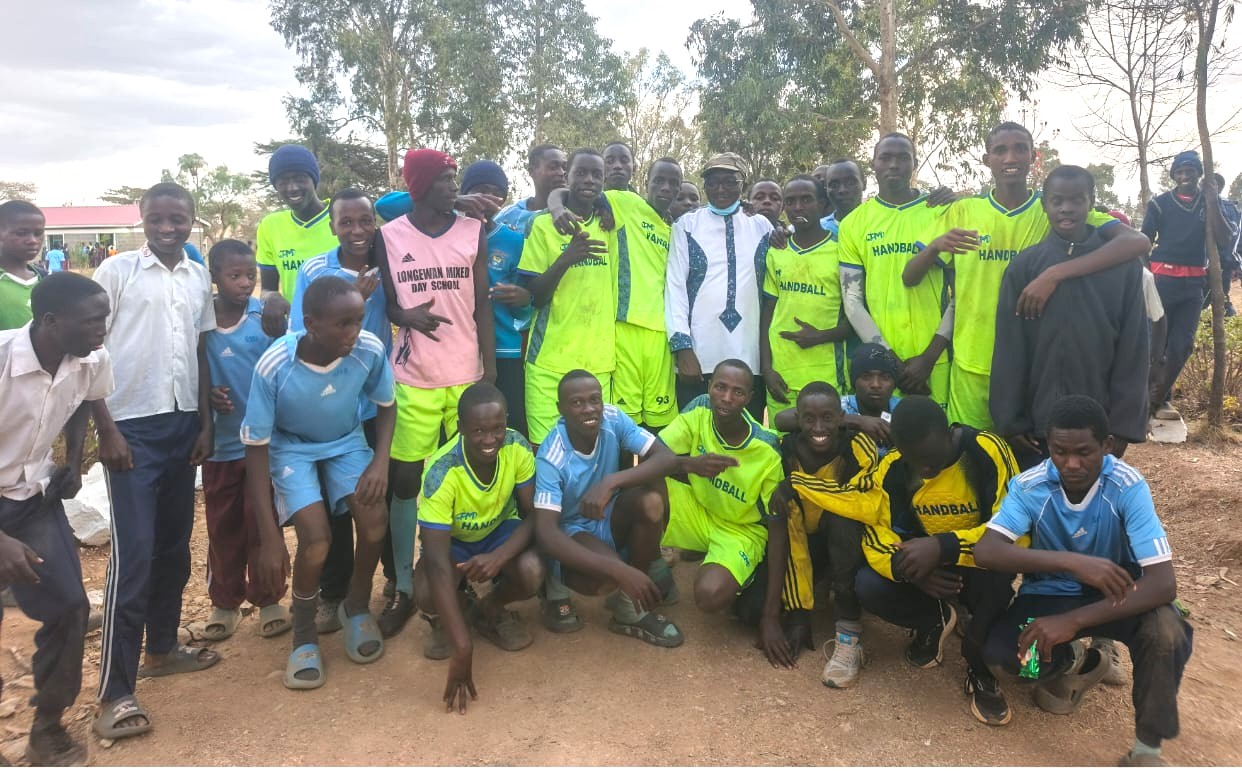In 1954, Dwight D. Eisenhower, the 34th President of the United States of America (POTUS) and five-star general during World War II, sagely said, “I have two kinds of problems, the urgent and the important. The urgent are not important, and the important are never urgent.” Later, Dr. Stephen Covey, in his winsome wisdom; was dissuaded to dote on this quote in his heroic book titled The 7 Habits of Highly Effective People.
Ideally, he introduced the Eisenhower Matrix, which in popular parlance is also known as the time management matrix, the Eisenhower box or the urgent-important matrix. So, being that time management is one of the most important study skills, methods or habits, through wise use of Eisenhower matrix, students can divide time into four boxes based on: One, tasks to do first. Two, tasks to schedule later. Three, tasks to delegate. And four, tasks to delete.
Somewhat, in students’ context, after looking at Gas Laws in Chemistry (Boyle’s, Charles’ and Graham’s Laws), they can also coin a law in relation to time, “Today, is directly proportional to tomorrow, God’s favour being a constant.” Bad news is that time flies. Good news is that students are the pilots. Students cannot kill time without injuring their future. Time has a puissant impact on their academic performance and career choices. Time is the metre sedulous students use to measure their academic progress and success.
Time is the currency of life. It is not possible to save time. Time wasted cannot be recovered. Time and tide waits for no man. Time is a resource given to us (mere mortals) by God Almighty. Wisdom and time are inseparable. Meaning, steadfast stewardship of time is tantamount to wisdom. Therefore, students who manage time are wise. Students who cannot manage time are otherwise.
ALSO READ:
Bungoma’s Kuywa Girls receives computers to boost digital literacy
No wonder, the psalmist prays in Psalm 90:12, “Teach us to number our days right that we may gain a heart of wisdom.” Somewhere, I also read, an interesting anecdote we can dote on: to know the value of one year, ask a student who has failed in a national exam like KCSE. To know the value of one month, ask a mother who has given birth to a premature baby. To know the value of one week, ask an editor who works on a weekly newspaper or magazine. To know the value of one day, ask a daily casual labourer who has ten mouths to feed.
To know the value of one hour, ask a lass and a lad, madly in love, and are eager to meet for a tour of hearts. To know the value of one minute, ask a person who has just missed a flight. To know the value of a second, ask a person who has just witnessed an accident episode. To know the value of a millisecond, ask an elite athlete poised to bag a gold medal.
Ideally, there three types of time. One, there is predictable time, time already committed to activities such as classes, discussions, games, or entertainment. Two, there is discretionary time, time available, and not already allotted to activities. Three, is imposed time, unpredictable time for activities such as assignments and telling stories with friends. Actually, through steadfast stewardship of time, it is easier to accomplish tasks.
ALSO READ:
Varsity don’s research in Medical Social Work ranked second in Kenya
Therefore, being a steadfast steward of time is the real deal. Wise use of time improves academic students of time. Sometimes, the difference among students in terms of health, performance, excellence and peace, can be attributed to how they spend time in and out of school. Some students commit their time to meaningful activities, whereas others focus on activities that affect their rise to the acme of the game of life. Yet, they should know, time influences their well-being and wellness. A feeling of being “out of control” of time is a source of stress-related issues.
Finally, students manage time through decisiveness. Time management abuts on self-management and self-discipline. Students should set their priorities right. Students should develop personal academic action plans and consultation diaries. Students should have all-inclusive timetables and task lists. Students should schedule weekly activities, enter daily records of work done, make wise use of weekends and preps. As they audit themselves periodically. Students must arrest thieves of time like complacency, procrastination, laziness, lassitude and sleeping in class. Then as we conclude where we started this disquisition. To be steadfast stewards of time, students should rely on Eisenhower matrix: One, tasks to do first. Two, tasks to schedule later. Three, tasks to delegate. And four, tasks to delete.
By Victor Ochieng’
The writer visits schools to roll out academic talks on useful study skills, methods or habits. For invitations, and cordial considerations, contact: vochieng.90@gmail.com. 0704420232
You can also follow our social media pages on Twitter: Education News KE and Facebook: Education News Newspaper for timely updates.
>>> Click here to stay up-to-date with trending regional stories
>>> Click here to read more informed opinions on the country’s education landscape






